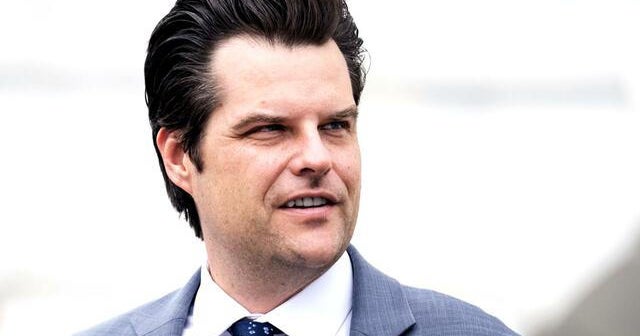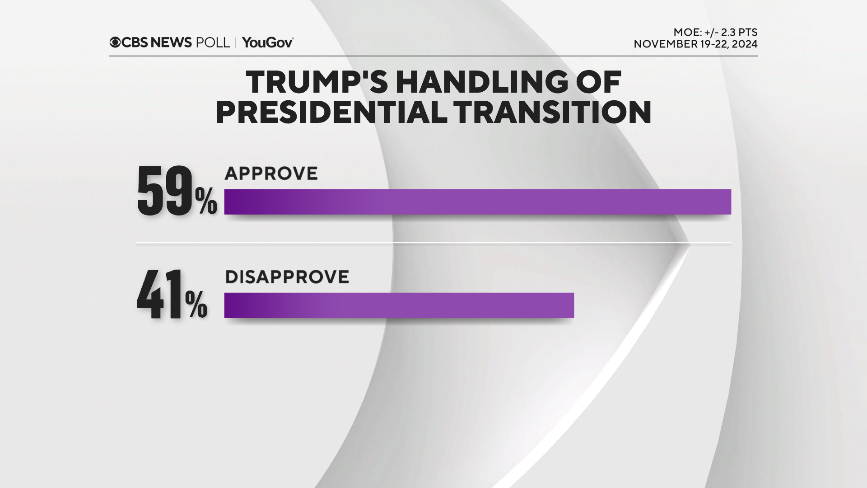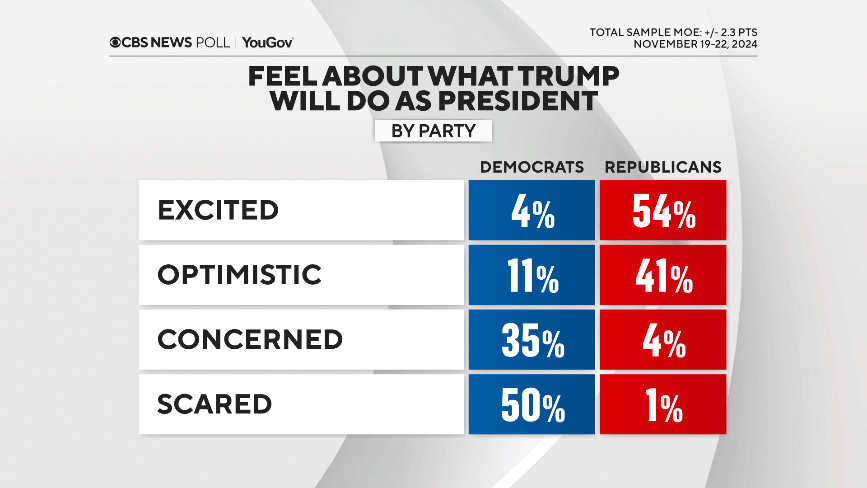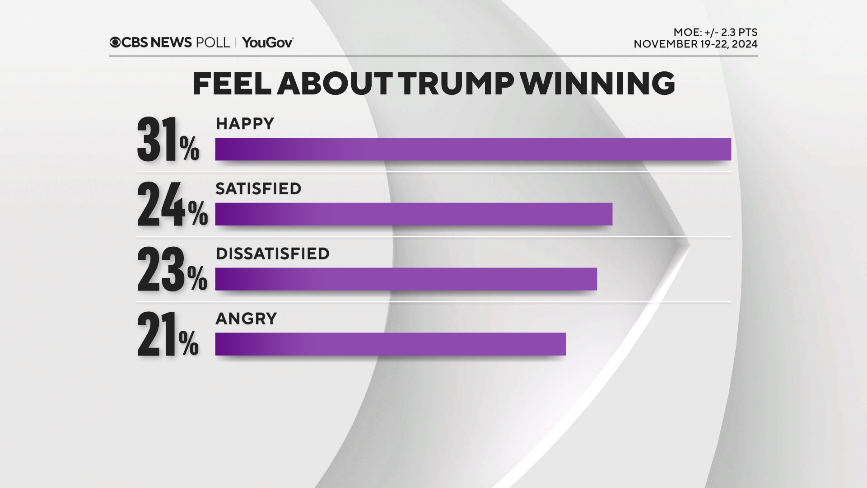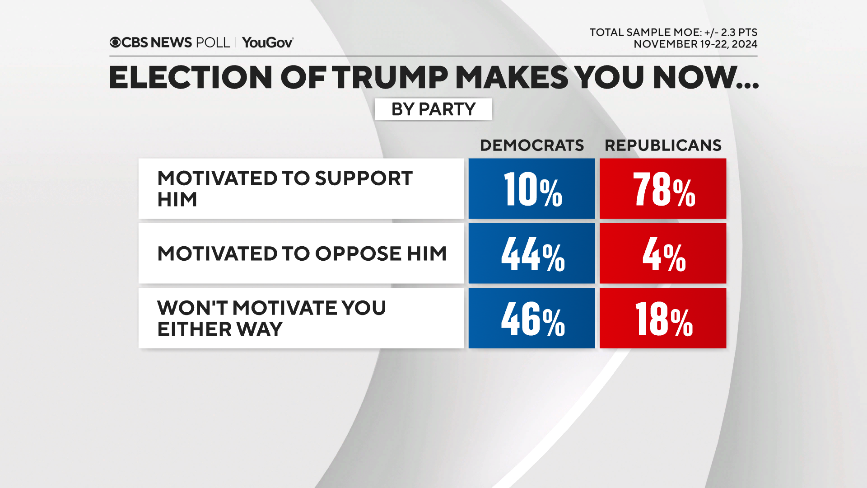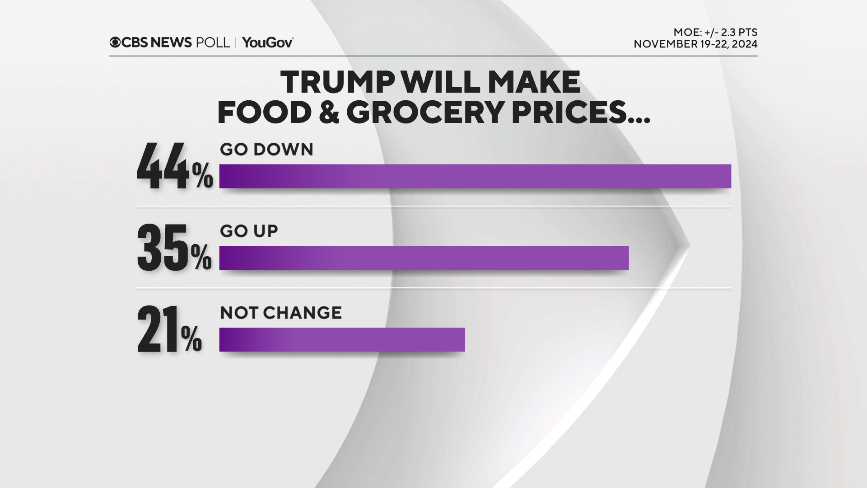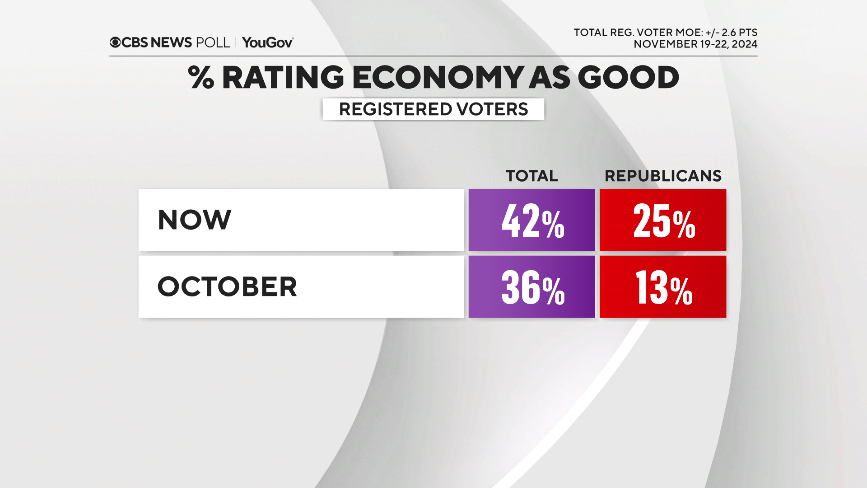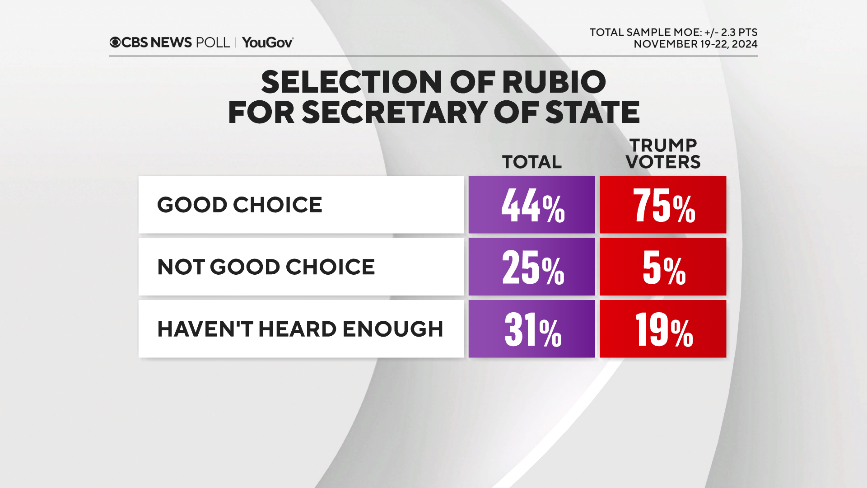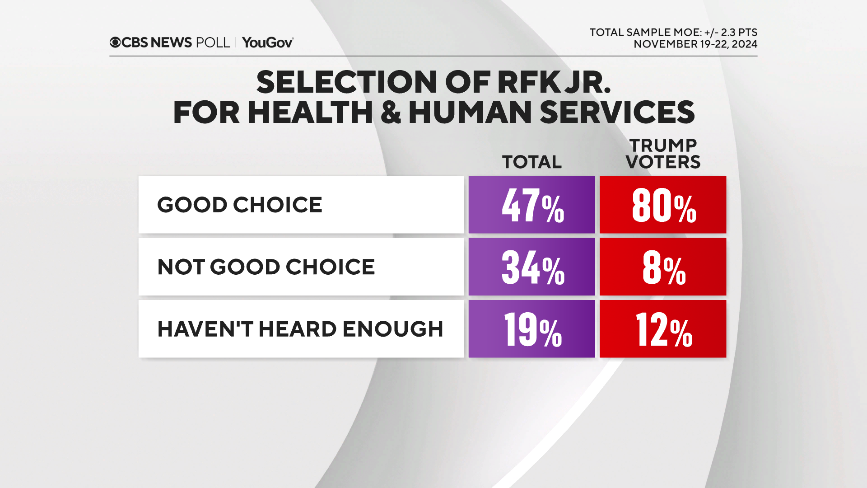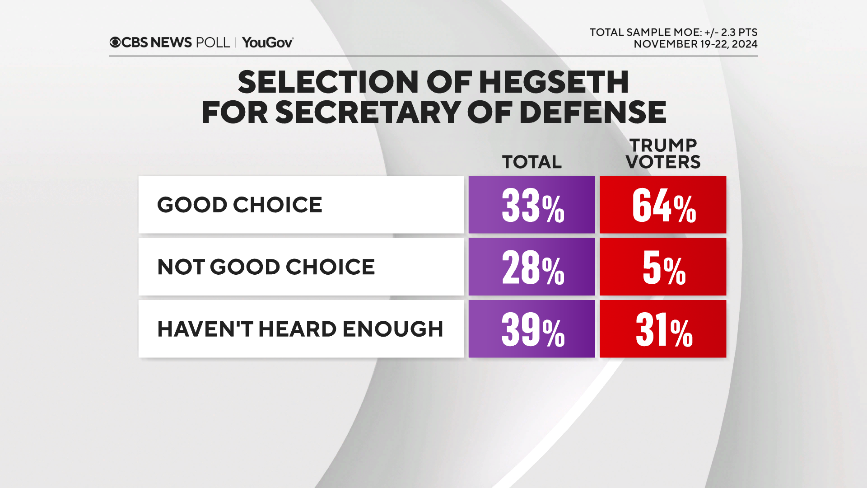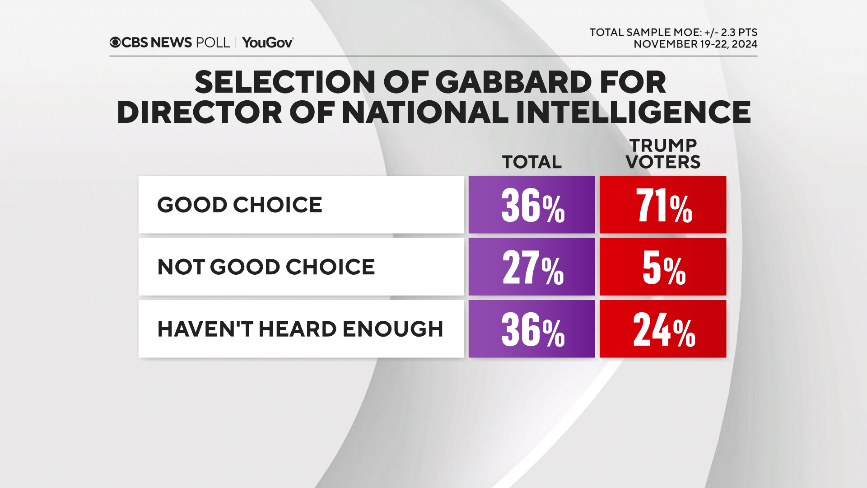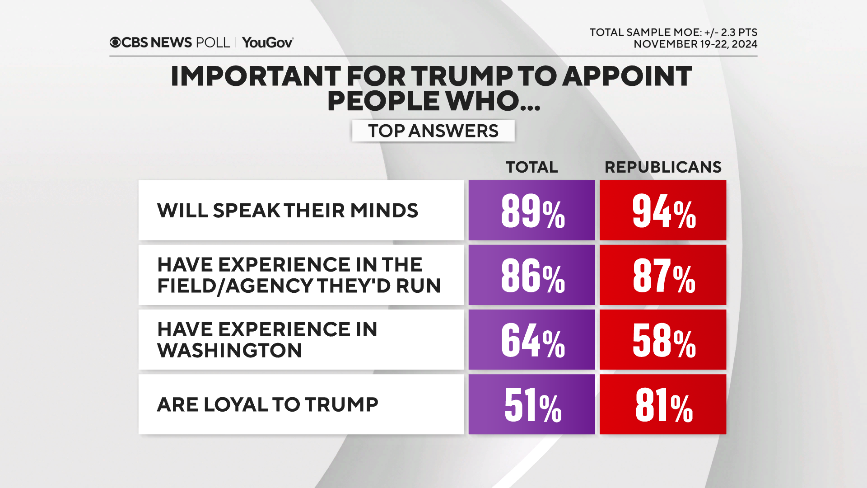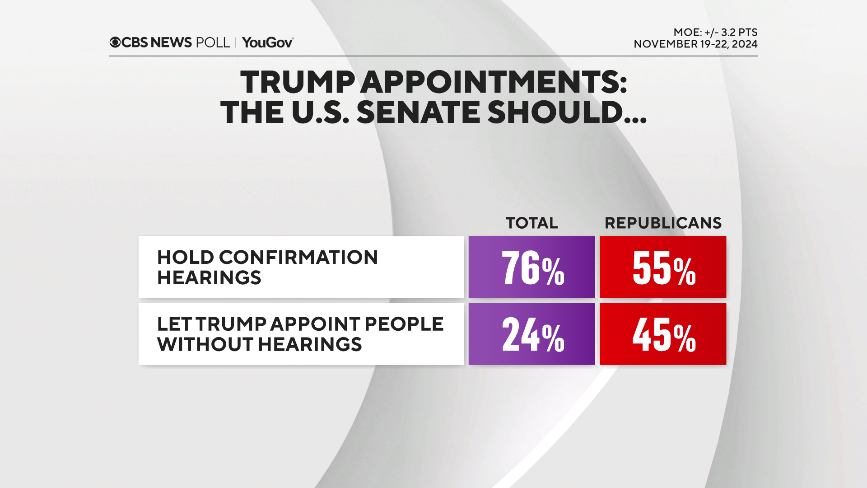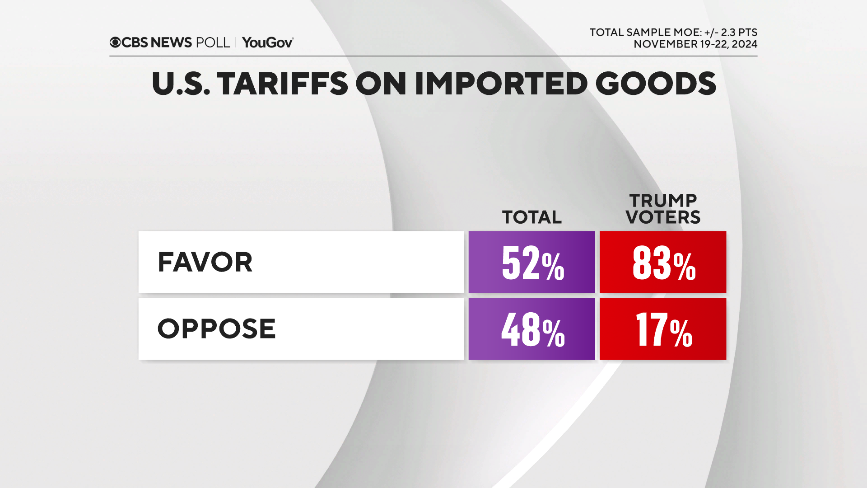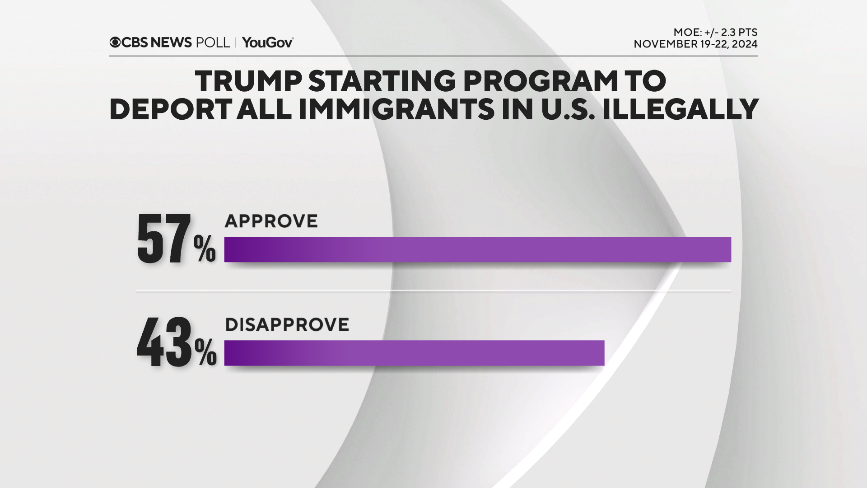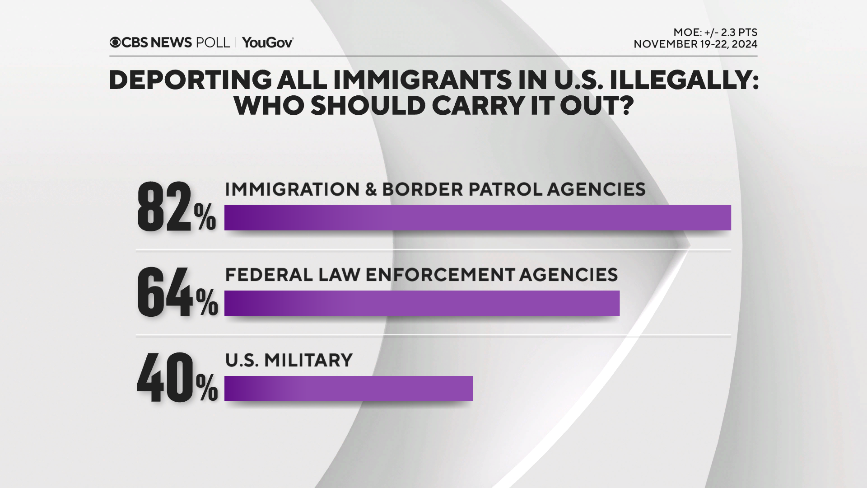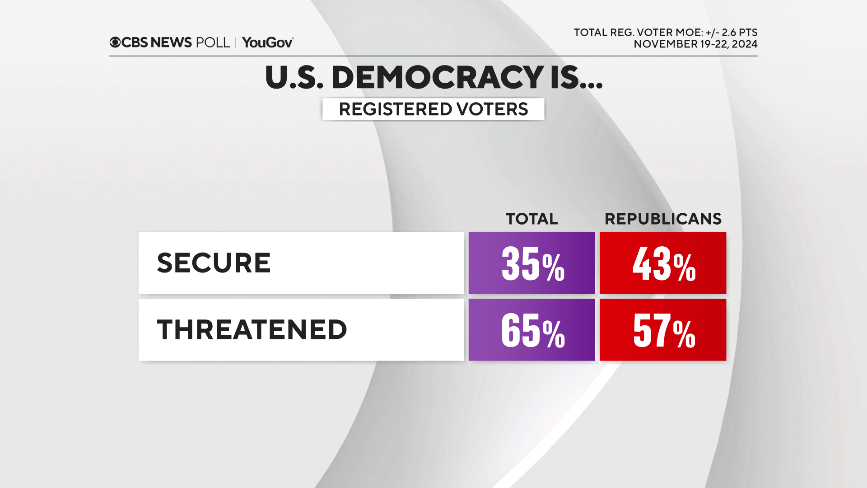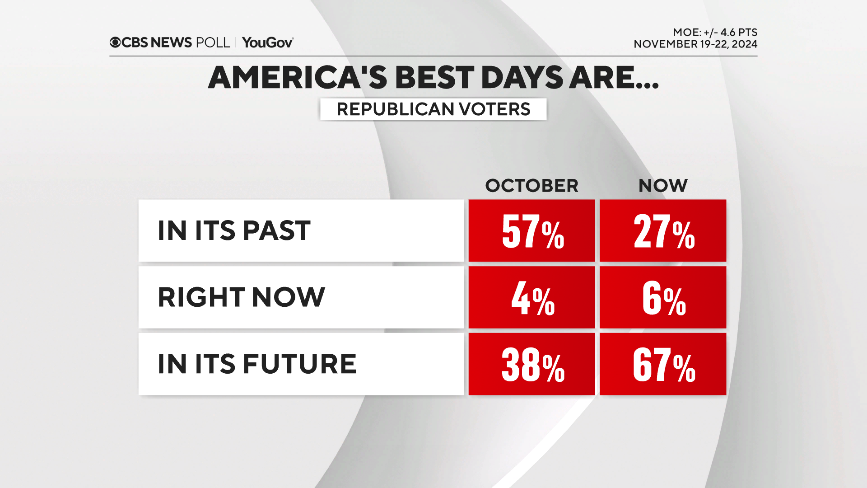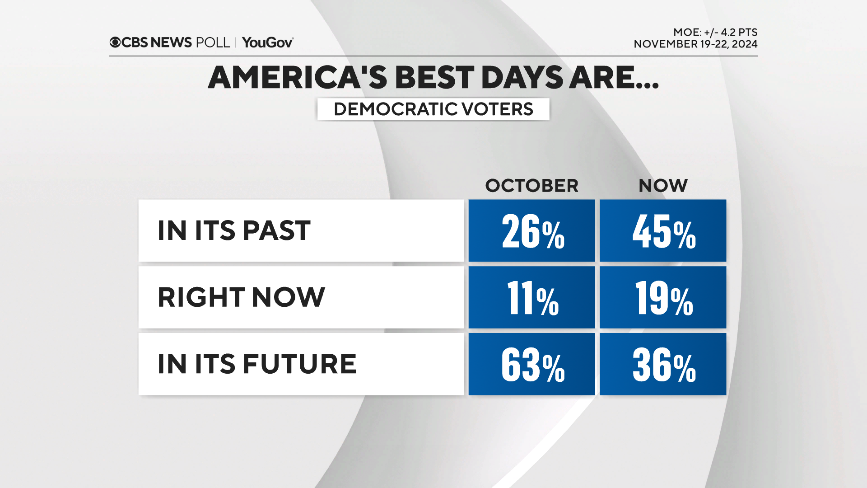CBS News
Nebraska, Missouri abortion rights ballot measures face legal challenges ahead of certification deadlines

Abortion rights ballot measures in Nebraska and Missouri are facing legal challenges ahead of looming certification deadlines.
Missouri Judge Christopher Limbaugh on Friday ruled against an abortion rights ballot measure in the state, agreeing with a lawsuit that alleged the “petition violated state law by failing to provide voters with a list of Missouri laws that would be repealed, directly or by implication,” should it pass.
The proposed measure aimed to enshrine the right to an abortion in the state’s constitution, prohibiting any government interference related to the procedure.
Missouri organizers behind the ballot measure are hoping to appeal Limbaugh’s decision in front of the state Supreme Court on Tuesday to stop an injunction — but Tuesday is also the deadline for ballot changes. If the court decides not to intervene, then an injunction would go in place, officially striking the ballot measure.
“The court’s decision to block Amendment 3 from appearing on the ballot is a profound injustice to the initiative petition process and undermines the rights of the 380,000 Missourians who signed our petition demanding a voice on this critical issue,” Rachel Sweet, campaign manager for Missourians for Constitutional Freedom, said in a statement.
Abortion is illegal in Missouri with exceptions relating to the life and health of the mother.
In Nebraska, which has a 12-week abortion ban, two dueling abortion petitions were set to appear before voters this November — but it is now unclear if voters will be given either option.
One measure would provide a fundamental right to an abortion until fetal viability, but it is facing legal challenges over whether it meets the single-subject requirement.
A competing ballot measure would prohibit abortion in the second and third trimester, “except when a woman seeks an abortion necessitated by medical emergency or when the pregnancy results from sexual assault or incest.”
On Monday the Nebraska Supreme Court heard oral arguments about the lawsuits.
“We think the rights amendment clearly qualifies under the single subject test. We think the restrictions amendment probably does as well under this Court’s jurisprudence. However, if the Court were to apply a more tightly focused, stricter approach to the single subject test, as urged by the relators in the prior case, we think that the restrictions amendment clearly would fail that test far, far before the rights amendment would,” Attorney David Gacioch argued.
The deadline to certify ballots in Nebraska is Sept. 13.
Abortion has become a potent political issue since the U.S. Supreme Court’s Dobbs decision that overturned Roe v. Wade, ending federal protections for the procedure and making it a state issue.
Statewide ballot measures in support of the procedure have since seen success, and this November similar measures will appear before voters in Arizona, Nevada, Florida, South Dakota, Colorado, New York, Maryland and Montana.
Democrats have rallied around abortion rights, and the fight for reproductive freedom has become a central pillar for the campaign of Vice President Kamala Harris campaign.
On the campaign trail, Harris has repeatedly said that former president Donald Trump will sign a national abortion ban into law. Trump insists he supports the issue being left to the states, and while he called the six-week ban in Florida “too short” of a time period, he still announced his plans to vote against a ballot measure that would prohibit restrictions on the procedure up until fetal viability.
CBS News
Good enough to eat: Noah Verrier’s paintings of comfort food

Watch CBS News
Be the first to know
Get browser notifications for breaking news, live events, and exclusive reporting.
CBS News
A study to personalize nutrition guidance just for you

Watch CBS News
Be the first to know
Get browser notifications for breaking news, live events, and exclusive reporting.
CBS News
CBS News poll finds Trump starts on positive note as most approve of transition handling
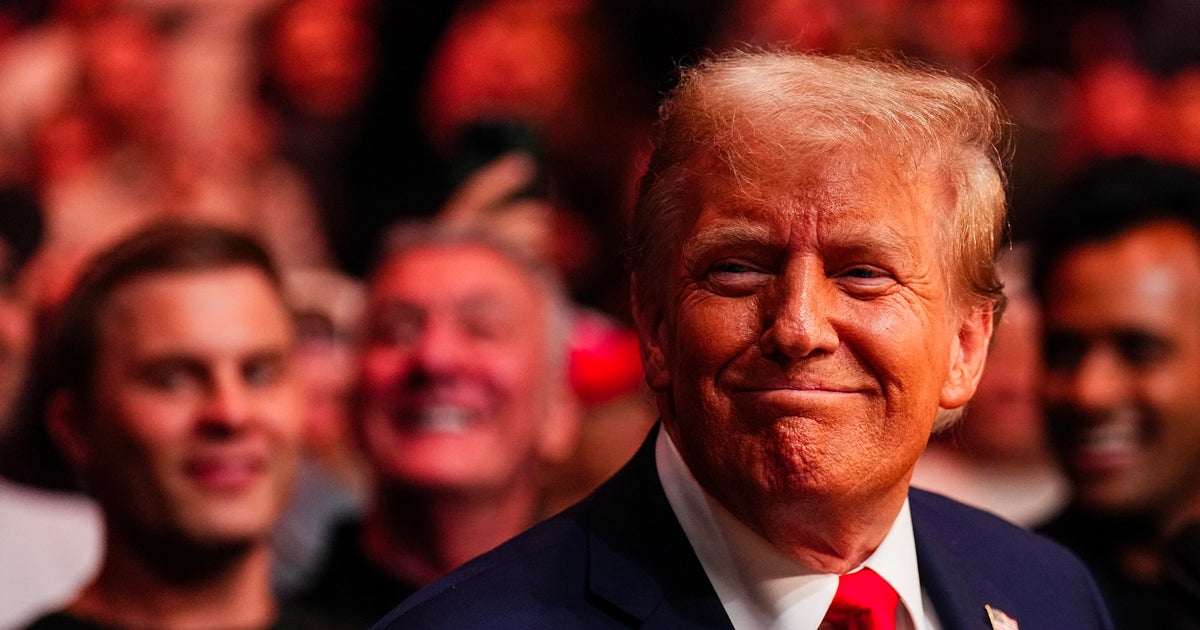
President-elect Donald Trump’s incoming administration starts off with mostly good will from the public: a majority of Americans overall are either happy or at least satisfied that he won and are either excited or optimistic about what he’ll do as president.
Trump’s handling of his presidential transition gets approval from most Americans overall and brings near-universal approval from his voters, along with a net-positive response about his selections for Cabinet posts, in particular, Sen. Marco Rubio, who is Trump’s pick to be secretary of state.
After inflation and the economy so dominated the election, Americans are more inclined to think his administration will bring down prices for food and groceries rather than raise them, and his voters overwhelmingly say that. Going into the election, his backers expected that, too.
In a similar vein, Trump’s election already has some Republicans’ views of the economy improving.
Overall, Republicans today are more excited about what Trump will do as president now than they were in 2016 when he was first elected.
Democrats say they feel more scared about what Trump might do than they did in 2016, and a large majority of Democrats think as president he will threaten their rights and freedoms. But at the same time, there seems to be a sense of exhaustion, as fewer than half of Democrats feel motivated to oppose Trump right now.
Americans, and Democrats specifically, do think the Biden administration should work with the incoming Trump administration to ensure a smooth transition, and that congressional Democrats should work with Donald Trump on issues where they find common ground.
Trump and the economy
After winning comes expectations. There’s a net optimism about the incoming administration’s effect on food and grocery prices, especially among Trump’s voters. That comes as most Americans continue to say prices are currently rising. And inflation was a big factor in Trump winning in the first place.
It may be no surprise then that among many potential items for the incoming administration, Americans say plans to lower prices ought to be the top priority.
The percentage of Republicans who call the U.S. economy good, while still low, has gone up, as the percentage who call it very bad has dropped. That pushes voters’ overall evaluation of the economy slightly higher than it’s been this year — and further spotlights how much partisanship, along with optimism, always plays into these evaluations.
Trump selections of Cabinet and agency chiefs for his administration
Trump’s current selections for agency heads and Cabinet picks get rated overwhelmingly as good choices from Trump’s voters, and are net-positive as selections among Americans who have heard enough about them to say. (Many have not heard enough yet.)
As a general rule, Americans want Trump to appoint people who’ll speak their minds and who have experience in the field or agency they’ll run. But in addition to those qualities, Republicans also want people who’ll be loyal to Trump.
A large majority of Republicans and Trump voters think Elon Musk should have at least some influence in the Trump administration. Americans overall are more split on that, largely along partisan lines.
Big majorities of Americans — and a slight majority of Republicans — would like to see the Senate hold hearings on his nominations, rather than let him make those appointments without it.
(Within self-identified Republicans, MAGA Republicans are relatively more inclined to say the Senate should skip the hearings.)
That sentiment holds whether or not people are told or reminded that the Constitution says the Senate should give advice and consent.
As a general matter, though, most of Trump’s voters and most Republicans do want Trump to have more presidential power this term than he did in his last. That sentiment is higher among Republican voters now than during the campaign.
Trump policies
On another economic front, Trump’s voters overwhelmingly favor the idea of tariffs: most of them don’t believe that will make prices higher. (For the third who believe tariffs will raise prices but support them anyhow, this is presumably a cost they’re willing to bear.)
For the public overall, opposition to tariffs goes hand in hand with the belief they’ll lead to higher prices.
As was the case with voters throughout the campaign, most Americans would, in principle, approve of a new mass deportation program.
If the Trump administration does start a mass deportation program, most of the public would have it carried out by law enforcement or current immigration agencies — most would not have the U.S. military do it.
Elections and democracy
The 2024 results have shifted Republicans’ views of U.S. democracy and also returned some confidence to their view of U.S. elections. Few Republicans suspect fraud in 2024. They overwhelmingly did about 2020.
Following Trump’s victory, there’s been an increase in the number of Republicans who say democracy and rule of law is secure, though most Americans continue to say it is not.
Looking ahead, there’s another shift along partisan lines. Throughout the campaign, Republicans said America’s best days were in its past, while Democrats felt they were in the future. These views are reversed now. After Trump’s win, most Republicans feel America’s best days are in its future.
This CBS News/YouGov survey was conducted with a nationally representative sample of 2,232 U.S. adults interviewed between November 19-22, 2024. The sample was weighted to be representative of adults nationwide according to gender, age, race, and education, based on the U.S. Census American Community Survey and Current Population Survey, as well as 2024 presidential vote. The margin of error is ±2.3 points.







